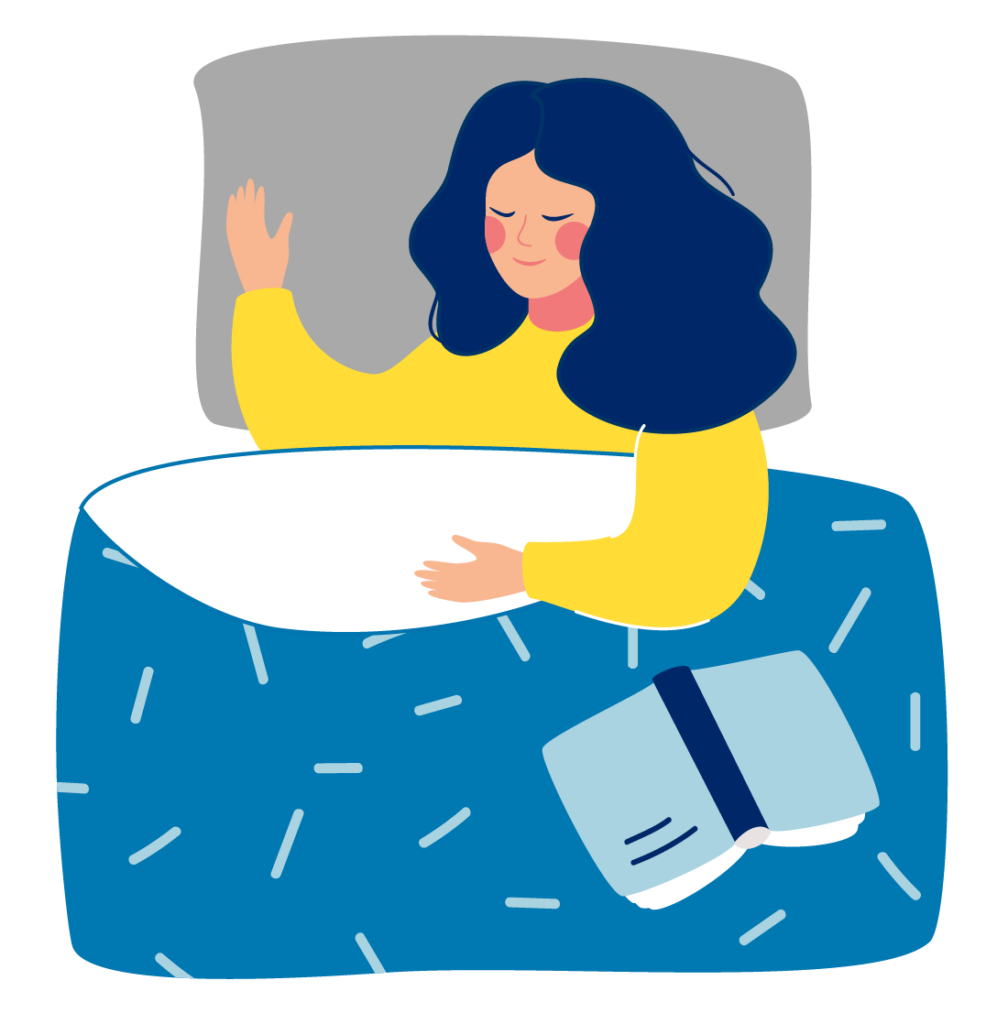Engagement activities
Enlighten your clock: how your body tells time” – Launch event and expert talk, 21st October 2021
SCRAMS mini-conference 26th October 2020
The SCRAMS consortium aims to develop UK research capacity for investigating how sleep and circadian function impacts on mental health outcomes for adolescents, using the schools setting as a basis for recruitment and future intervention. We hosted a SCRAMS mini conference on Monday 26th October 2020, 11am to 2.30pm.
Sleep and mental health
Professor Daniel Smith, Professor of Psychiatry and Principal Investigator of SCRAMS
FamilySleeps: Autism, Sleep Disruption & Circadian Rhythms – a family affair
Dr Lorna Lopez, Lecturer and Assistant Professor, Maynooth University Disentangling the complex relationship between sleep and mood disorders
Disentangling the complex relationship between sleep and mood disorders
Dr Katie Lewis, Research Fellow, MRC Centre for Neuropsychiatric Genetics and Genomics, Cardiff University
The SCRAMS feasibility studies
Dr Cara Wilson, Research Associate, Mental Health and Wellbeing, School of Health and Wellbeing, University of Glasgow
Pubertal trajectory and changes in sleep patterns
Dr Sabine Pompeia, Department of Psychobiology, Universidade Federal de São Paulo, São Paulo, Brazil
Adolescents’ sleep/wake patterns and school schedules: towards flexibility
Professor Fernando Louzada, Department of Physiology, Federal University of Paraná, Brazil
Sleep activities in schools
We are developing innovative ways to capture young peoples’ subjective experiences and attitudes about sleep through a series of engaging activities in a number of schools within the SHINE network.
In collaboration with the charity Sleep Scotland, we are delivering a ‘Sleep in Schools’ week, akin to a mini science festival programme tailored for the needs of participating schools and adapted for the Covid-19 situation. We are delighted that two SHINE schools, Blairgowrie High School and Craigmount High School have helped develop this virtual sleep awareness week and ran it with all their pupils from 8th to 12thJune 2020. Details of the activities, that have been co-produced with pupils and schools, include:
- Making use of Sleep Scotland ‘Sound Sleep’ resources (e.g. Sleep quiz, Sleep behaviours questionnaire, Sleep habits questionnaire, Are you a lark, an owl, or neither? Checklist for sleepy teenagers) within PSE lessons plus school-wide exercises that will see pupils reflecting on their sleep/activity levels and how these relate to mental wellbeing and then sharing these thoughts with their peers/parents/teachers.
- Brief ‘meet the sleep scientist’ videos to be hosted on the SCRAMS website (see below!) and made available to pupils and teachers during the week
- Sleep Vlogs by Sleep Champions.
Huge thanks to all the pupils and teachers @BlairgowrieHS and @CraigmountHS and @SleepScotland who delivered an outstanding ‘Sleep in Schools’ Week. Take a look at the Sleep champions and staff discussing all of the learning and resources from Sleep Week 2020 and some of the top sleep tips.
Later we plan to launch a brief survey to measure young people’s knowledge and perceptions about sleep and sleep research in a more conventional way to cross-validate data from the activities above.
There will be more opportunities for schools to get involved in future engagement activities and our feasibility research studies from Autumn 2020. If your school is interested in being involved please contact us.

Meet the scientists
Daniel Smith, MHW, SHW, University of Glasgow – Sleep and mental illness
Sharon Simpson, SPHSU, SHW, University of Glasgow – Sleep and screentime
Alice Gregory, Goldsmiths, University of London – Sleep in adolescence
Heather Cleland Woods, School of Psychology, University of Glasgow – Young people’s social media use and sleep, Heather’s key points
Holly Scott, School of Psychology, University of Glasgow – Sleep and social media use, Holly’s top tips
Stella Chan, School of Psychology, University of Edinburgh – Sleep – is it psychology or biology?
Linda Geddes, Public Health Implications of the New Science of Sunlight
Linda Geddes is an award-winning British science journalist. Her most recent book “Chasing the Sun: The New Science of Sunlight and How it Shapes Our Bodies and Minds” explores the significance of sunlight, from ancient solstice celebrations to modern sleep labs, and the impact on public health of light-polluted cities and excessive exposure to bright lights from devices. Below shows selections from her Maurice Bloch Seminar on the 29 April 2020 at the School of Health & Wellbeing, University of Glasgow on how public health can address exposure to light as an intervention to improve population health and wellbeing.